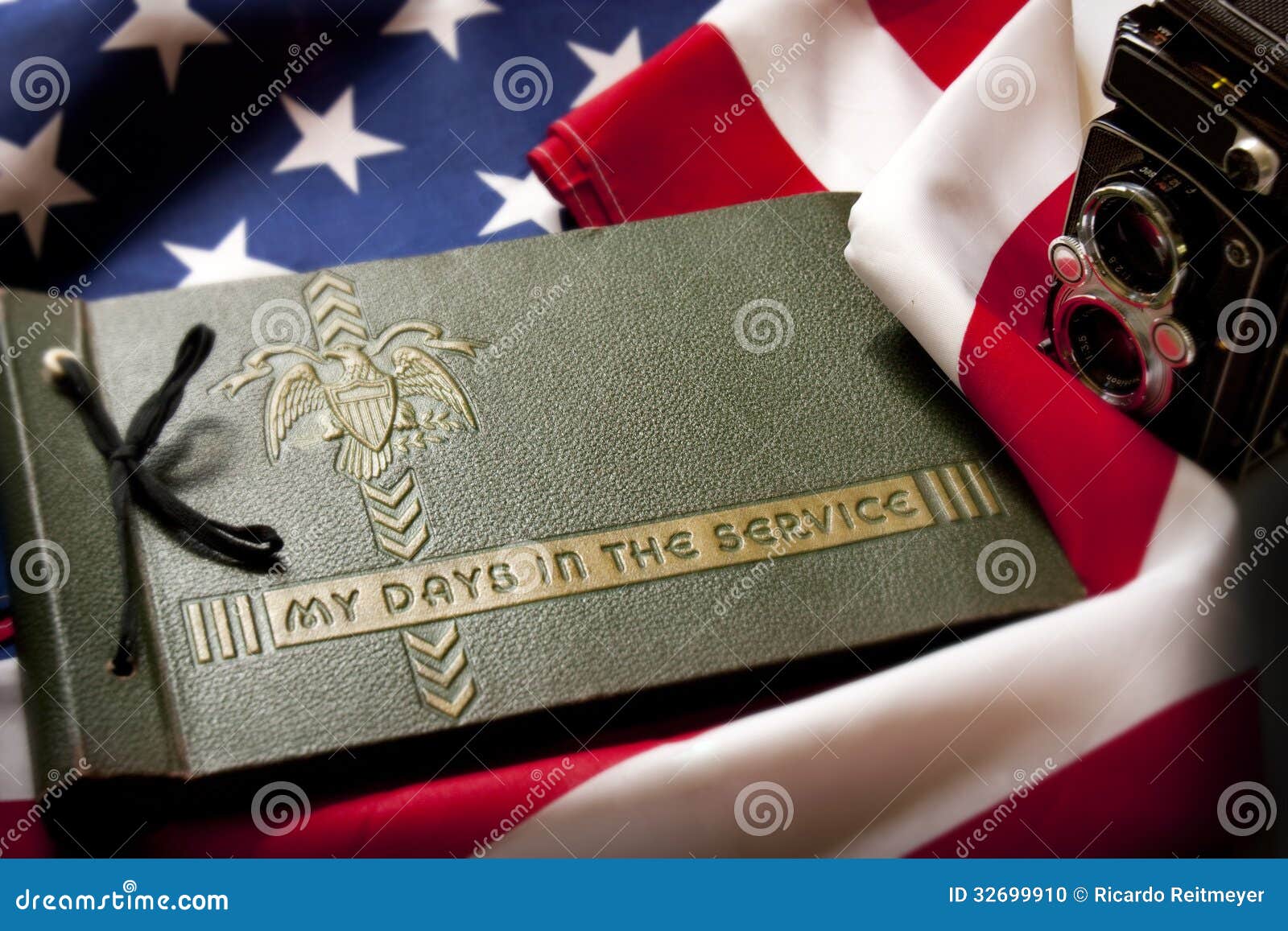

They see the current regime as weak, and in need of their guidance. Description The military is powerful, and its leaders are interfering in the governance of the nation. Jaskoski's conclusions are based on interviews in 2005–2006 with over 150 active and retired Ecuadorean and Peruvian officers, and more than 150 academics, journalists, researchers. Democracy 3 Global Achievements of all players Total achievements: 42 You must be logged in to compare these stats to your own 63.3 Egalitarian Miracle We may not all look alike or sound alike, but under your leadership, we all now feel equal with our fellow man/woman/other, and isn't that the most important thing 61. Military Interference is a situation in Democracy 3 Africa. 2.4: One Party State: Your party membership > four times the size of the opposition, and > 50 of the. 0.2: Oil Dependency: Oil Demand > 75 for 4 turns. 0.1: Narcotic Economy: More than 10 of government income is from a recreational drugs tax. of the Armed Forces outside the confines of the state, to include being. The Capitalist Democracy of The Military State of the Galapagos is a massive, socially progressive nation, ruled by Kenton Theodosios with an even hand, and remarkable for its barren, inhospitable landscape, ubiquitous missile silos, and anti-smoking policies. Therefore, in relations with other democracies, democratic states will be likely to substitute non-military and covert operations for direct military. Military State: Have 8 turns of Armed Police > 80 and Military spending is > 25 of your budget. In a democracy, firm constitutional guarantees should protect the state - including the armed forces - from two types of potential dangers: from politicians, who have military ambitions, and from military with political ambitions. The Journal of Slavic Military Studies, Vol.6, No.l (March 1993), pp.3-20. Rather, what most directly explains mission performance are “mission beliefs” (institutional beliefs about “what missions the army should perform”) and “a drive to maintain predictability for patrols on the ground” (pp. Democratic control should always be a two-way process between armed forces and society.
Military state democracy 3 professional#
Maiah Jaskoski argues that variables usually mentioned in the literature on civil-military relations - maintenance of professional status (by performing war-fighting missions), public legitimacy (in part by carrying out constitutional and statutory missions), and resource maximization (by generating larger budgets) - do not fully explain mission performance. Attention is focused on “sovereignty missions” (border defense, counterinsurgency, army training) and “police missions” (anticrime, contraband/weapons interdiction, protest control, antinarcotics, oil security, peacekeeping). Military Politics and Democracy in the Andes seeks to explain army mission performance in Peru and Ecuador from the 1980s until 2009.


 0 kommentar(er)
0 kommentar(er)
